
In September 1658, Oliver I Cromwell, Lord Protector of the Commonwealth of England, Scotland, and Ireland, lay on his deathbed. He had served less than five years in his role as both head of state and head of government, following the earlier execution of Charles I in 1649, but he was now required to name his successor. Cromwell is understood to have done so verbally; certainly, no written records survive of him revealing the name of the new Lord Protector. He chose Richard, his eldest surviving son.
He may have been his son, but Richard was no Oliver. His power base within the army was minimal and he had little clout within Parliament. By the following May, Richard's weakness had brought about his departure, which in turn led to the end of the Protectorate and to the restoration of the monarchy in 1660. So why had Cromwell believed his unqualified son to be the best man for the job?
BOUND BY TRADITION
"This is a key question and is very hard to answer," explains Peter Gaunt, professor of history at the University of Chester and an expert on Cromwell's Protectorate. "Oliver was surely sufficiently experienced and sufficiently intelligent to foresee problems in nominating someone who had no real military background or pedigree. I suspect a large part of the answer lies in Oliver's traditional social outlook - he was never radical in social terms and respected the established social hierarchy, as well as the value of family and kinship ties. Thus, once given the right and obligation to name his successor, he felt bound to name his elder surviving son and legal heir."
Diese Geschichte stammt aus der June 2022-Ausgabe von History Revealed.
Starten Sie Ihre 7-tägige kostenlose Testversion von Magzter GOLD, um auf Tausende kuratierte Premium-Storys sowie über 8.000 Zeitschriften und Zeitungen zuzugreifen.
Bereits Abonnent ? Anmelden
Diese Geschichte stammt aus der June 2022-Ausgabe von History Revealed.
Starten Sie Ihre 7-tägige kostenlose Testversion von Magzter GOLD, um auf Tausende kuratierte Premium-Storys sowie über 8.000 Zeitschriften und Zeitungen zuzugreifen.
Bereits Abonnent? Anmelden
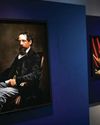
'Dickens's evocation of the fears, excitement and confusion of childhood is peerless'
DR LEE JACKSON ON WHY CHARLES DICKENS REMAINS RELEVANT TODAY
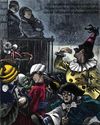
THE AUTHOR GOES ABROAD
Dickens expanded his horizons and boosted his fan-base by venturing overseas - but global fame came with a cost
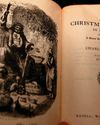
REVIVING THE FESTIVE SPIRIT
A Christmas Carol wasn't just a bestseller - it changed the way that Britons chose to mark the festive season
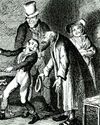
GIVING THE POOR A VOICE
From Hard Times to Oliver Twist, Charles Dickens used his pen to help illuminate the lives of the less fortunate
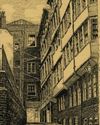
A JOURNEY THROUGH DICKENS'S LONDON
The works of Charles Dickens are synonymous with visions of Victorian London. We talk to Dr Lee Jackson about the author's love of the capital, and the locations that most inspired him
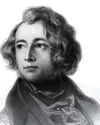
EXCEEDING EXPECTATIONS
Dr Lee Jackson chronicles Charles Dickens's journey from down-at-luck teenager to titan of Victorian literature
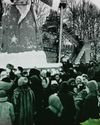
GIFTS, TREES & FEASTING
We take a journey through the photo archives to reveal how Christmas and its many traditions have been celebrated over the years - and around the world
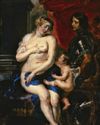
WHAT GREAT PAINTINGS SAY
We explore the story behind an allegorical painting that celebrates the triumph of love over hate, peace over war
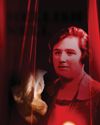
HELLISH NELL
Malcolm Gaskill delves into the life of Helen Duncan - the fraudulent Scottish medium whose ectoplasm-filled seances saw her ending up on the wrong side of the law
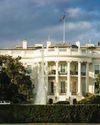
7 THINGS YOU (PROBABLY) DIDN'T KNOW ABOUT THE WHITE HOUSE
Presidential historian Dr Lindsay M Chervinsky reveals some of the most surprising facts about the world-famous US residence